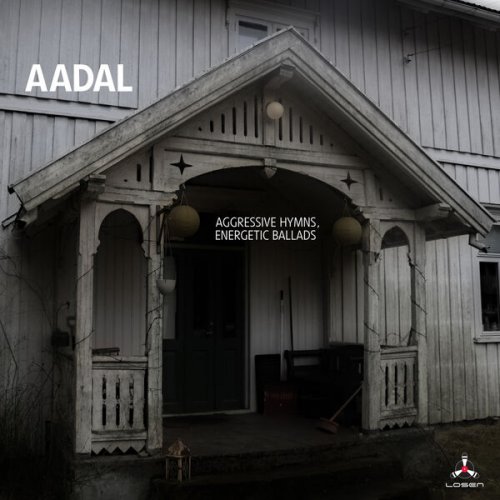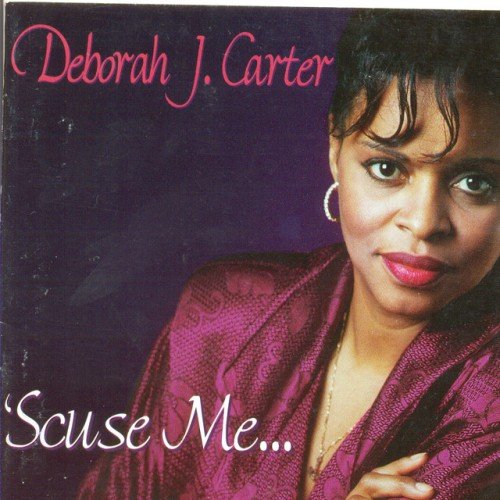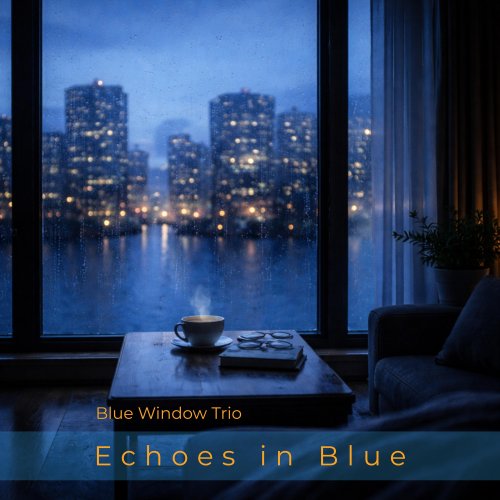The Salomon Quartet - Haydn: Prussian Quartets op.50 Nos.1-3 (1993)
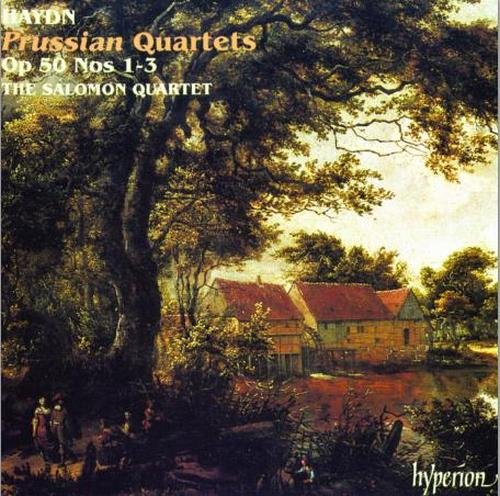
Artist: The Salomon Quartet
Title: Haydn: Prussian Quartets op.50 Nos.1-3
Year Of Release: 1993
Label: Hyperion
Genre: Classical
Quality: FLAC (image+.cue,log,scans)
Total Time: 01:15:18
Total Size: 356 Mb
WebSite: Album Preview
Tracklist: Title: Haydn: Prussian Quartets op.50 Nos.1-3
Year Of Release: 1993
Label: Hyperion
Genre: Classical
Quality: FLAC (image+.cue,log,scans)
Total Time: 01:15:18
Total Size: 356 Mb
WebSite: Album Preview
String Quartet in B flat major Op 50 No 1 (24'31)
1. Allegro [9'21]
2. Adagio [7'27]
3. Menuetto: Poco allegretto [2'43]
4. Finale: Vivace assai [4'40]
String Quartet in C major Op 50 No 2 (26'27)
5. Vivace [10'12]
6. Adagio [4'38]
7. Menuetto: Allegro [3'59]
8. Finale: Vivace assai [7'21]
String Quartet in E flat major Op 50 No 3 (23'41)
9. Allegro con brio [7'53]
10. Andante piu tosto allegretto [6'34]
11. Menuetto: Allegretto [3'52]
12. Finale: Presto [5'02]
Performers:
The Salomon Quartet
On 5 April 1784 Joseph Haydn wrote to the Viennese music publishers Artaria and Co accepting an offer of three hundred florins for a set of new string quartets, which he thought would be finished that July. In fact Artaria had to wait three years, until July 1787, before they received all six of the set that was to become known as Opus 50.
Opus 50 was the first complete set of quartets Haydn had published for five years, since the Opus 33 Quartets of 1782. They were eagerly anticipated by chamber music enthusiasts all over Europe and were quickly republished by Seiber in Paris, by Hummel in Berlin, and by Forster in London. As early as 1783 a writer in Cramer's Magazin der Musik praised Haydn's 'wonderful sonatas' that had 'provided many a piano player with antispasmotica against sorrow and misfortune', and requested something similar for 'languishing violinists.' Haydn was commissioned in 1784 by a Spanish patron to write a set of short quartets, but only seems to have been completed one of them, which was published in 1785 as Opus 42. In the next year he received another Spanish commission, for a set of orchestral pieces to be performed in a Cádiz church on Good Friday. Haydn's own string quartet arrangement of The Seven Last Words, as the work was called, was published in 1787 as Opus 51 and quickly became an outstanding success.
Opus 50 was the first complete set of quartets Haydn had published for five years, since the Opus 33 Quartets of 1782. They were eagerly anticipated by chamber music enthusiasts all over Europe and were quickly republished by Seiber in Paris, by Hummel in Berlin, and by Forster in London. As early as 1783 a writer in Cramer's Magazin der Musik praised Haydn's 'wonderful sonatas' that had 'provided many a piano player with antispasmotica against sorrow and misfortune', and requested something similar for 'languishing violinists.' Haydn was commissioned in 1784 by a Spanish patron to write a set of short quartets, but only seems to have been completed one of them, which was published in 1785 as Opus 42. In the next year he received another Spanish commission, for a set of orchestral pieces to be performed in a Cádiz church on Good Friday. Haydn's own string quartet arrangement of The Seven Last Words, as the work was called, was published in 1787 as Opus 51 and quickly became an outstanding success.
![Tom Braxton - Flashback (2026) [Hi-Res] Tom Braxton - Flashback (2026) [Hi-Res]](https://www.dibpic.com/uploads/posts/2026-02/1771426129_1.jpg)
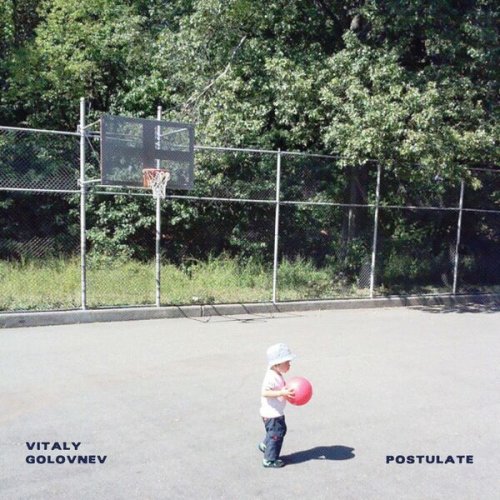
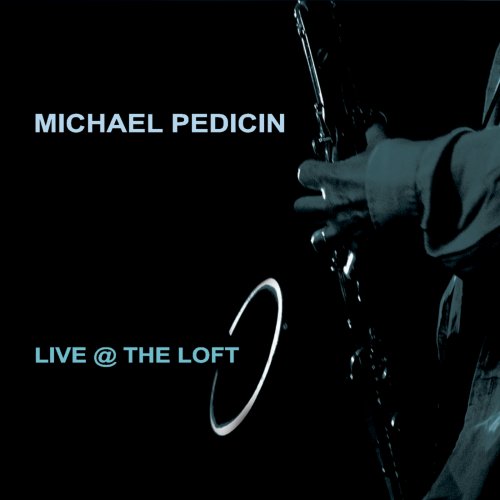
![Art Pepper - Everything Happens To Me: 1959 - Live At The Cellar (2026) [Hi-Res] Art Pepper - Everything Happens To Me: 1959 - Live At The Cellar (2026) [Hi-Res]](https://www.dibpic.com/uploads/posts/2026-02/1771405170_fcwg7jmt6mou1_600.jpg)
![Emanuele Pellegrini - Stories of Light and Dark (2026) [Hi-Res] Emanuele Pellegrini - Stories of Light and Dark (2026) [Hi-Res]](https://www.dibpic.com/uploads/posts/2026-02/1771347677_folder.jpg)

